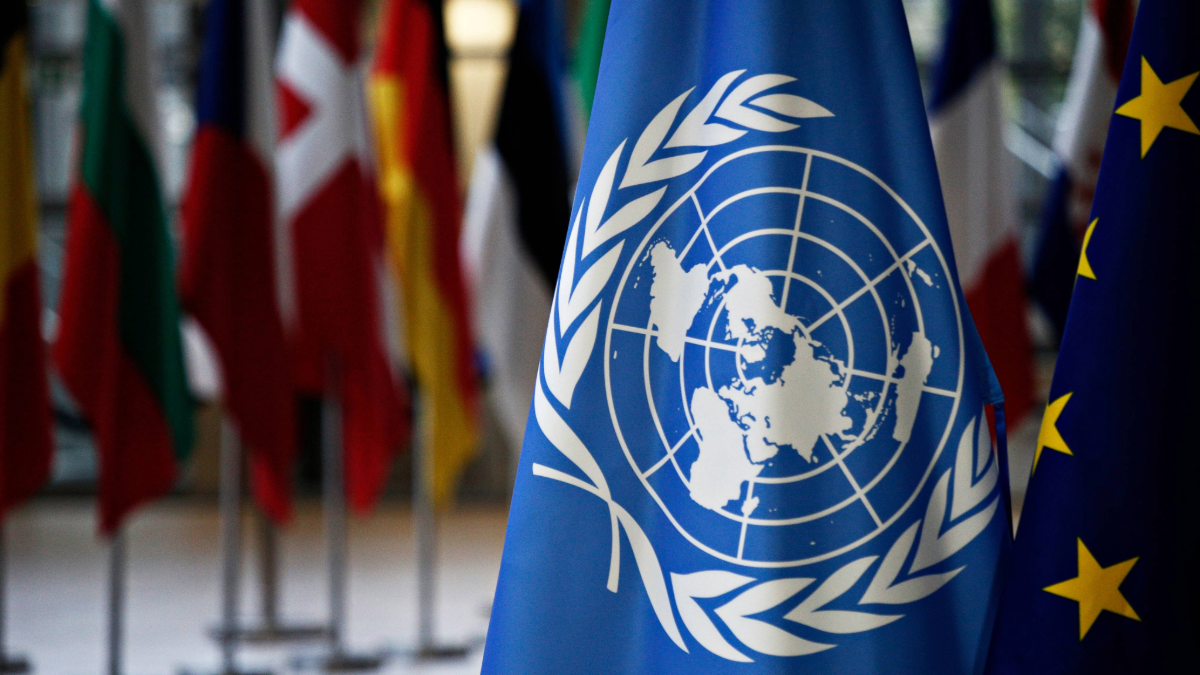STOCKHOLM, Sweden – An artificial intelligence advisory body at the United Nations on Thursday released its final report, proposing seven key recommendations to address AI-related risks and gaps in global governance.
The U.N. created a 39-member advisory body last year to address issues surrounding the international regulation of AI. The recommendations will be discussed at a U.N. summit in September.
One of the advisory body’s primary recommendations is the creation of an independent panel to provide unbiased, reliable scientific insights on AI and to bridge the information gap between AI labs and the broader global community. Since the release of Microsoft-backed OpenAI’s ChatGPT in 2022, AI’s rapid expansion has raised concerns about its potential to spread misinformation, create fake news, and violate copyright laws.
 The Advisory Body is expected to make recommendations on international governance of AI.
The Advisory Body is expected to make recommendations on international governance of AI.
Only a handful of countries have created laws to govern the spread of AI tools. The European Union has been ahead of the rest by passing a comprehensive AI Act compared with the United States’ approach of voluntary compliance while China has aimed to maintain social stability and state control over AI development. The United States was among about 60 countries that endorsed a “blueprint for action” to govern responsible use of AI in the military on Sept. 10, while China did not support the non-legally binding document.








